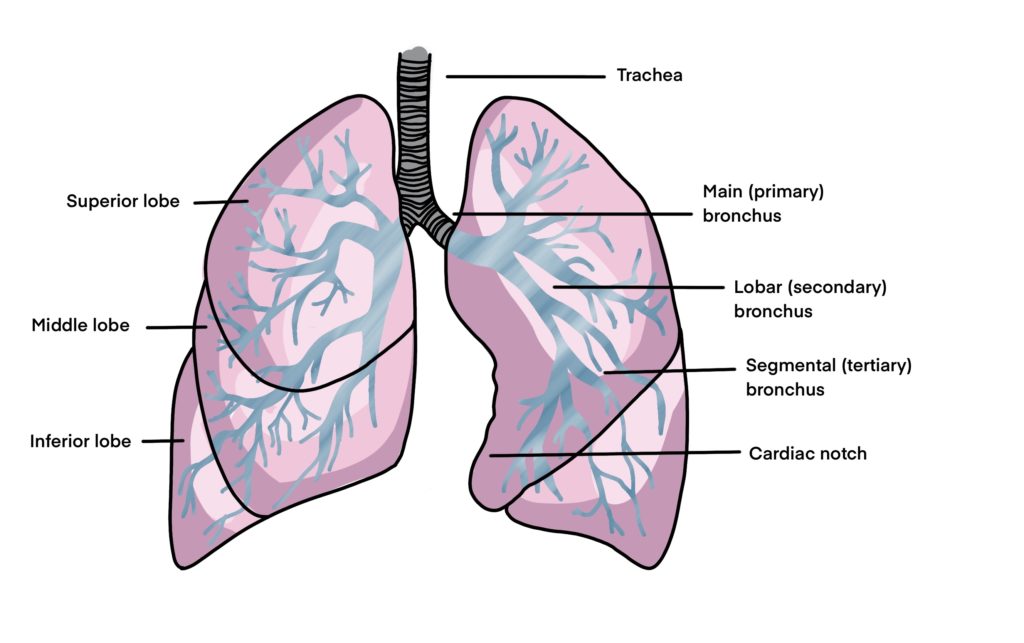A recent review highlighted significant advancements in the research and treatment of systemic lupus erythematosus (SLE), focusing on key developments in pathogenesis, biomarkers, and clinical outcomes. Notable research explored the role of low-density neutrophils (LDNs) and platelet-expressed TLR7 in SLE, providing new insights into disease activity, especially in lupus nephritis (LN). Other studies identified biomarkers for disease progression, including anti-dsDNA antibodies and serum uric acid levels, while exploring the potential for novel therapeutic targets, such as the PBX1/STAT3 axis and TLR7-dependent platelet-neutrophil interactions. Advances in treatment also included promising new therapies, including JAK inhibitors, TLR7/8 inhibitors, and the BDCA2-ADC antibody-drug conjugate, which show potential in modulating type I interferon production, a key driver in SLE pathology.
In addition to advances in treatment, real-world evidence has supported the effectiveness of biologics such as anifrolumab and belimumab, demonstrating their ability to improve disease control and reduce glucocorticoid use in patients with SLE. Studies also revealed the importance of monitoring cardiovascular and renal complications in SLE, with findings suggesting that controlling risk factors like hyperuricemia and ensuring early intervention for lupus nephritis can improve long-term outcomes. The review underscores the importance of personalized monitoring strategies for patients with SLE, particularly those with subgroups showing varying risks of disease progression.
Reference: Elia A, Zucchi D, Silvagni E, et al. Systemic lupus erythematosus: one year in review 2025. Clin Exp Rheumatol. 2025 Mar;43(3):397-406. doi: 10.55563/clinexprheumatol/m0pi1k. Epub 2025 Mar 12. PMID: 40072872.









